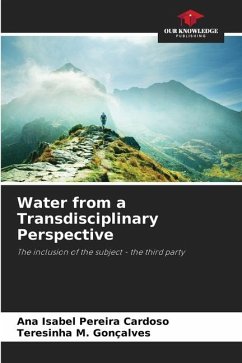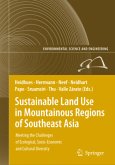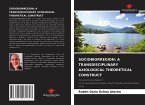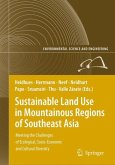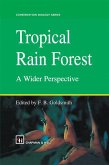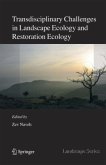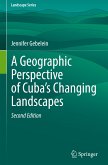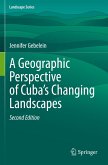Life in cities has distanced human beings from nature and made it difficult to understand the ecology of life dependent on the environment. Urban water collection and distribution processes contribute significantly to the fragmentation of knowledge and the vital recognition of the water cycle. Without the effective participation of the subject in environmental actions, it is not possible to understand the full complexity of water, which is dependent on the agent of protection. Global causality, ecological reasoning and responsibility for one's own actions places the subject as an included third party. In this way, valuing the intimate relationship between the subject and water, at the various levels of reality, determines an understanding of the inseparability of life and water. Transdisciplinarity as a worldview promotes an understanding of ecological complexity and the multiple mediations between the subject and the environment, since the subject, known as the third party, is taken into account in the cultural and historical reality of water and acts as an agent of protection, a holder of useful knowledge about the water cycle and the cycle of life.
Bitte wählen Sie Ihr Anliegen aus.
Rechnungen
Retourenschein anfordern
Bestellstatus
Storno

